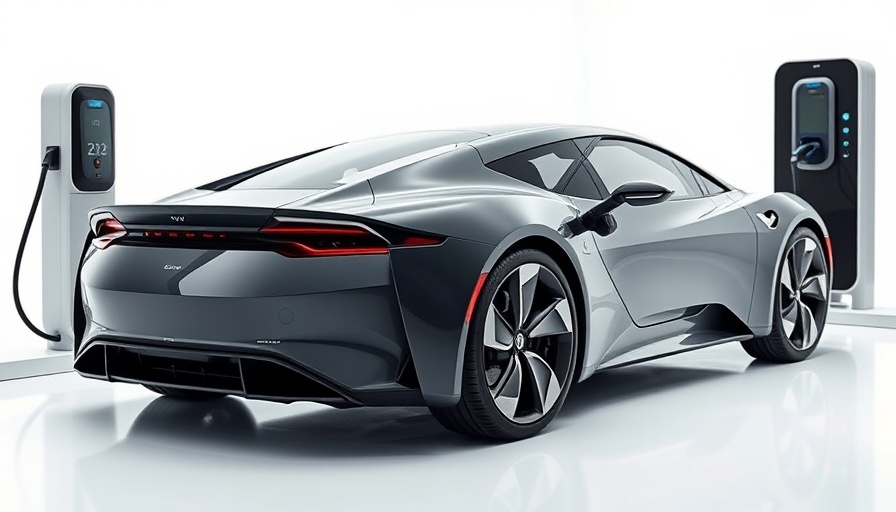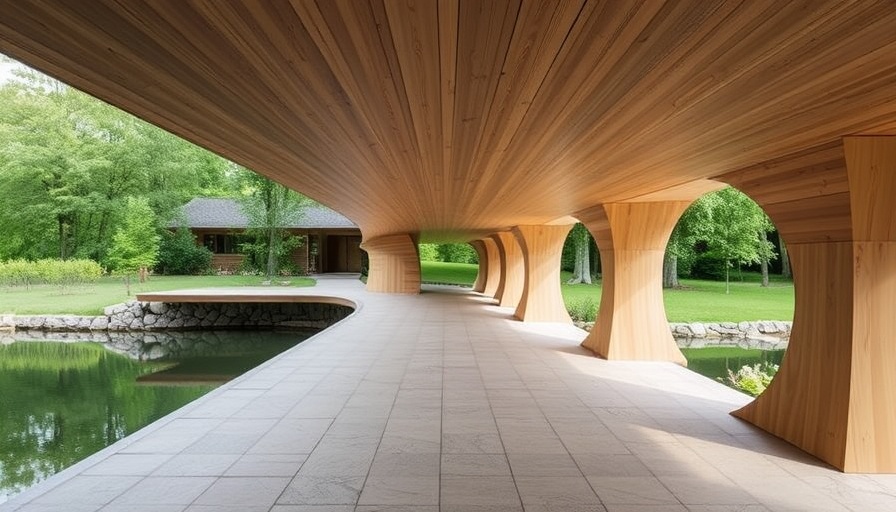
Reviving the Past: Nissan Unveils Electric R32 Skyline GT-R, Embracing Modern Sustainability
A Legendary Car with a Modern Twist
Automobile enthusiasts and electric vehicle aficionados alike have cause to celebrate, as Nissan unveils an electrifying homage to its iconic 1980s model, the R32 Skyline GT-R. Originally developed in 1989, this sports car captured hearts with its 2.6-litre twin-turbo engine and cutting-edge all-wheel-drive system, making a notable impact in the racing world. Fast forward to the present, and this renowned vehicle has been reimagined with an electric motor, showcasing Nissan’s commitment to innovation and sustainability. The modernized version of the R32 boasts not only nostalgia but also a clean energy future.
The Evolution of the R32: From Powerhouse to Sustainable Hero
The journey of the Nissan Skyline GT-R is one of evolution, representing a bridge between past performance and future sustainability. In its classic form, the R32 was dubbed "Godzilla" for its power and dominance on the racetrack. Today, Nissan's retro-inspired concept reflects a shift in the automotive industry towards eco-friendly solutions. This evolution offers an exciting opportunity for car enthusiasts to experience a legendary vehicle adapted to modern environmental standards, emphasizing zero-emissions without sacrificing the thrill of driving.
Embracing Electric Cars: Future Trends and Predictions
As the global focus leans increasingly towards reducing carbon footprints, the electric vehicle (EV) market is set to expand substantially. Nissan’s electric R32 represents a broader trend of iconic brands updating classic models with futuristic, sustainable features. Looking ahead, we anticipate more renowned models to undergo similar transformations. This shift heralds a new era where environmentally-conscious design marries seamlessly with automotive tradition, offering consumers a choice that aligns with broader sustainability goals.
Unique Benefits of Knowing This Information
Understanding this shift in the automotive landscape can inspire digital nomads, who value efficiency, sustainability, and innovation in their workspace design, to apply similar principles. As electric vehicles become more prevalent, digital nomads can reflect on the importance of incorporating sustainable elements in their remote work environments, enhancing their well-being while promoting environmental consciousness.
Relevance to Current Events
This groundbreaking concept emerges amidst growing global dialogues about climate change and the importance of sustainable innovations. As nations struggle with climate challenges, the transformation of beloved automotive classics into electric variants illustrates industry adaptability and commitment to a greener future. By integrating such developments into our understanding of modern design and technology, we connect with the broader movement towards creating a livable and sustainable world for future generations.
For those interested in automotive evolution and sustainable technology, the full details and insights about Nissan's innovative transformation can be explored further in the source article provided by Dezeen Magazine.
 Add Row
Add Row  Add
Add 




Write A Comment